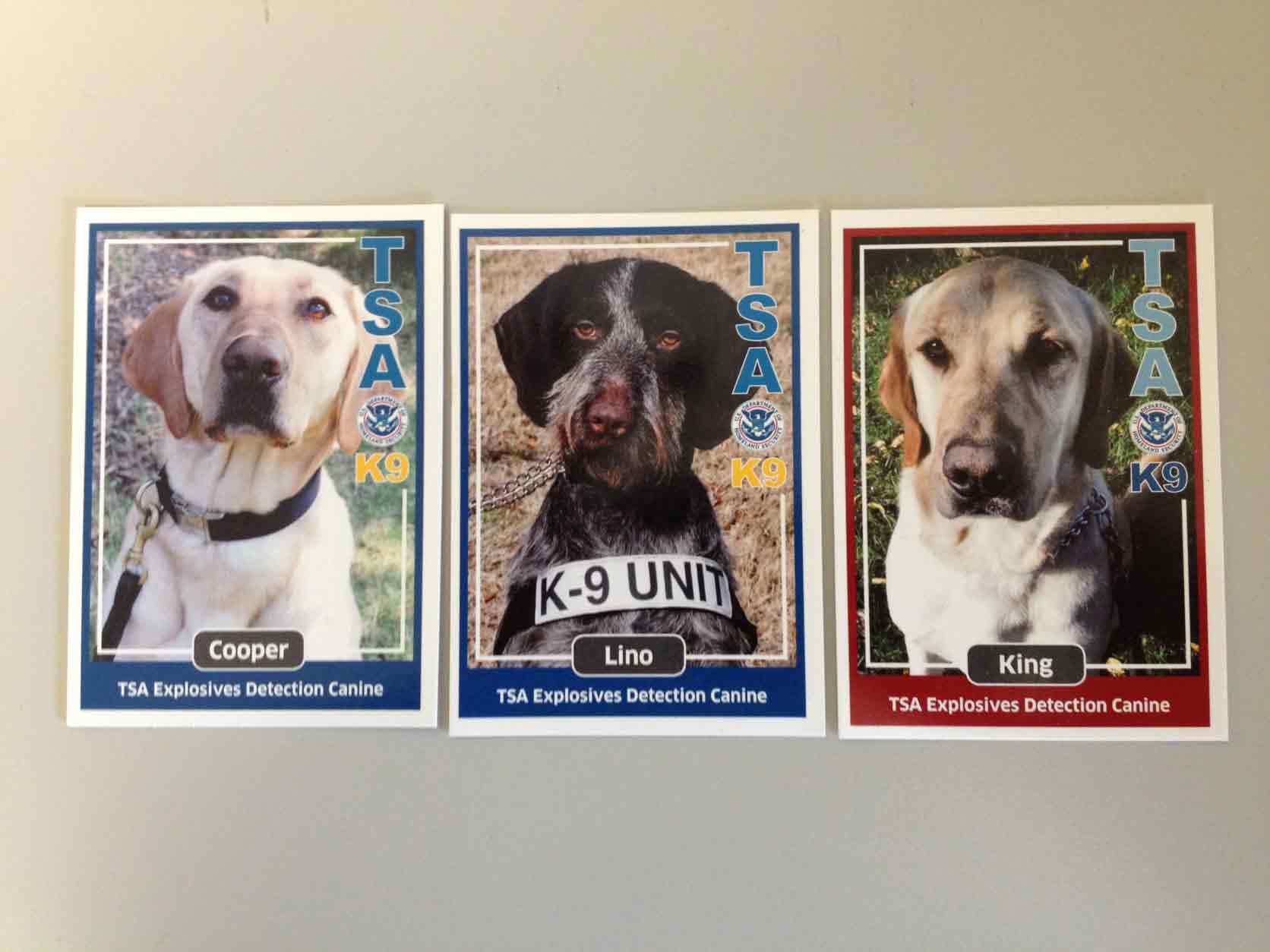Looking for the perfect home for your furry friend? Discover valuable tips and guidance to ensure your dog finds a loving and suitable forever home.
Key Takeaways:
- Takeaway 1: Research and carefully consider all options before finding a new home for your dog.
- Takeaway 2: Ensure that the new owner is responsible, committed, and capable of providing a loving and safe environment for your dog.
- Takeaway 3: Utilize reputable adoption agencies or rescue organizations to help find a suitable home for your dog.
- Takeaway 4: Take the time to properly screen potential adopters, including conducting interviews and home visits, to ensure compatibility with your dog's needs.
- Takeaway 5: Stay involved in the rehoming process by maintaining communication with the new owner and offering support during the transition period.
The Importance of Finding a Good Home for Your Dog
When you have to find a new home for your dog, it's important to make sure they go to a good place where they will be well taken care of. Dogs are loyal and loving creatures, and they deserve to live in a safe and happy environment. By finding a good home for your dog, you can ensure that they will receive the love, attention, and care they need.
Not all homes are suitable for dogs. Some people may not have the time or resources to properly care for a pet. It's crucial to find someone who is committed to providing your dog with regular exercise, proper nutrition, grooming, and veterinary care. Additionally, you want to make sure that the new owner understands the specific needs of your dog's breed or any special requirements they may have.
Why is finding a good home important?
- Your dog's happiness: Dogs thrive when they are in a loving and nurturing environment. A good home will provide them with the attention and care they need to be happy.
- Your peace of mind: Knowing that your dog is in a good home will give you peace of mind. You can rest assured knowing that they are being well taken care of.
- The well-being of your community: Dogs that are properly cared for are less likely to become stray or abandoned animals. By finding a good home for your dog, you contribute to the overall welfare of animals in your community.
How do I find a good home for my dog?
Finding a good home for your dog requires some effort on your part. Start by reaching out to friends, family members, or local animal rescue organizations who may know someone looking to adopt a pet. You can also utilize online platforms or social media to spread the word about your dog's need for a new home.
When potential adopters express interest, take the time to interview them and ask questions about their lifestyle, experience with dogs, and their plans for taking care of your dog. It's important to find someone who is genuinely interested in providing a loving and responsible home for your pet.
Factors to Consider When Looking for a New Home for Your Dog
When searching for a new home for your dog, there are several important factors to consider. Firstly, you should assess the potential owner's living situation. Is their home suitable for a dog? Do they have enough space and a secure yard? Additionally, you should consider their lifestyle and daily routine. Will they be able to provide enough exercise and mental stimulation for your dog?
Another factor to consider is the potential owner's experience with dogs. Are they familiar with the breed or size of your dog? Do they have any previous experience in training and caring for dogs? It is essential to ensure that the new owner has the necessary knowledge and skills to meet your dog's needs.
Ensuring the New Owner Will Take Good Care of Your Dog
It is crucial to ensure that the new owner will provide proper care and attention to your dog. One way to assess this is by asking about their past experiences with pets. Have they owned dogs before? How long did those pets live, and what were their reasons for no longer having them? This information can help gauge their commitment and responsibility towards pet ownership.
You can also inquire about their plans for veterinary care, grooming, and nutrition. A responsible owner should be willing to provide regular check-ups, vaccinations, grooming sessions, and a balanced diet for your dog's well-being.
Finding a Responsible and Caring Person or Family to Adopt Your Dog
When searching for a new owner for your dog, it is essential to find someone who will genuinely care for them. Look for individuals or families who express genuine love and affection towards animals. Ask about their previous experiences with pets and how they have cared for them in the past.
You may also want to consider conducting a background check or asking for references. This can help ensure that the potential owner has a good track record of responsible pet ownership. Additionally, you can ask for character references from friends, family, or even their veterinarian to gain further insight into their suitability as a dog owner.
Preparing Your Dog for Potential Adopters
Before introducing your dog to potential adopters, it is essential to prepare them for the transition. Start by ensuring that your dog is in good health and up-to-date on vaccinations. Consider scheduling a visit to the veterinarian for a thorough check-up.
In addition to physical health, work on your dog's behavior and socialization skills. If necessary, enroll them in obedience training classes to improve their manners and responsiveness to commands. This will make them more appealing to potential adopters and increase their chances of finding a suitable home.
Furthermore, gather all relevant documents such as vaccination records, microchip information, and any medical history. Having these ready will make the adoption process smoother and provide the new owner with important information about your dog's care.
Questions to Ask Potential Adopters to Ensure a Good Fit for Your Dog
When interviewing potential adopters, it is crucial to ask specific questions that will help determine if they are the right fit for your dog. Some important questions include:
1. Have you owned dogs before? If so, what happened to them?
This question provides insight into their previous experiences with dogs and whether they have had long-term commitments.
2. How much time do you typically spend at home?
This question helps assess if they have enough time available to provide proper care and attention to your dog.
3. What activities do you plan to do with the dog?
Understanding their plans for activities and exercise can help determine if they align with your dog's needs.
4. Are there any other pets or children in the household?
This question helps assess compatibility with other animals or children and whether they have experience managing multiple pets or family members.
Conducting a Home Visit to Assess Suitability for Your Dog
A home visit is an essential step in ensuring that the potential owner's living environment is suitable for your dog. During the visit, observe how they interact with their current pets, if any, and how they manage their living space.
Look for signs of a safe and secure environment, such as a fenced yard or appropriate containment measures. Assess if there are any potential hazards that could pose risks to your dog's safety.
Additionally, pay attention to the cleanliness of the home and the overall atmosphere. A clean and well-maintained living space indicates that the potential owner values cleanliness and hygiene, which are important factors in providing a healthy environment for your dog.
Documents and Information to Provide When Transferring Ownership of Your Dog
When transferring ownership of your dog, it is crucial to provide all necessary documents and information to ensure a smooth transition. Some essential documents include:
- Vaccination records: Provide copies of all vaccination records, including dates and types of vaccinations received.
- Microchip information: If your dog has been microchipped, provide the microchip number along with instructions on how to update contact information.
- Medical history: Include any relevant medical history, such as past illnesses or surgeries, allergies, or ongoing treatments.
- Dietary information: Provide details about your dog's current diet, including the brand of food, feeding schedule, and any dietary restrictions or preferences.
It is also important to provide the new owner with your contact information in case they have any questions or need further assistance after the adoption.
Ongoing Support and Follow-Up After Finding a Good Home for Your Former Pet
Even after finding a good home for your former pet, it is essential to offer ongoing support and follow-up. This can include providing advice on training, behavior management, or addressing any concerns that may arise.
Offering resources such as recommended veterinarians, trainers, or groomers can also be helpful for the new owner. Additionally, encourage them to reach out if they have any questions or need guidance in caring for your former pet.
Maintaining open communication and showing genuine interest in your dog's well-being will help ensure a successful transition and long-term happiness for both your dog and their new owner.
| Finding a Good Home for Your Dog | |
 |
|
| Giving up a dog can be a difficult decision, but finding them a loving and suitable home is crucial. Remember to thoroughly screen potential adopters, ask for references, and visit their homes to ensure the best possible match. Utilize online platforms, local shelters, and rescue organizations to expand your search. Always prioritize your dog's well-being and happiness above all else. With patience and dedication, you can find the perfect forever home for your beloved furry friend. |

















